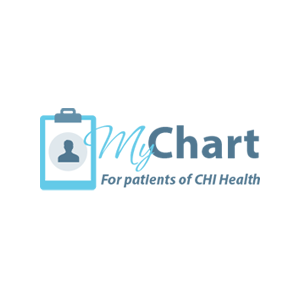3 Hidden Risk Factors for High Blood Pressure
High blood pressure has often been called the silent killer, and for good reason. Unlike many other dangerous diseases, elevated blood pressure levels rarely create serious symptoms.
That means you could be suffering from high blood pressure and not know it, at least not until you succumb to a heart attack or stroke. Untreated high blood pressure is extremely dangerous, and that is why it is so important to visit the doctor regularly, even if you are feeling fine.
It is also important to know that the risk factors for high blood pressure are not all related to poor diet and a lack of exercise. Moving more and reducing sodium levels in your food can indeed reduce your blood pressure, but it is also important to understand all your risk factors, including the three unusual ones listed below.
Sleep Apnea
If you are having trouble sleeping through the night, you could be suffering from sleep apnea, and that could put you at risk for high blood pressure. Sleep apnea restricts your ability to breathe normally in slumber, essentially forcing you to hold your breath. That breath holding in turn can raise your blood pressure, putting you at risk of many other health problems.
It is not always easy to know when you have sleep apnea, and this common condition tends to fly under the radar. If you wake up exhausted after what seemed to be a good night of sleep, you should ask your doctor about sleep apnea. You should also consult your doctor and get checked for sleep apnea if you snore; just ask your spouse or partner.
Vitamin D Deficiency
The connection between vitamin D levels and blood pressure is becoming clearer with every new study. At the same time, instances of vitamin D deficiency have been going up as people shield themselves from the sun and spend more time indoors.
Like high blood pressure, vitamin D deficiency is often symptom free, but there are some signs you should watch out for. If you have been feeling fatigued for no discernible reason or experiencing frequent muscle aches, ask your doctor to check your vitamin D levels during your next checkup.
White Coat Syndrome
It is possible to have high blood pressure and not know it, but sometimes the opposite is true. Some people who appear to have high blood pressure are actually suffering from so-called white coat syndrome, and that misdiagnosis could lead to unnecessary treatment and the use of medication that could come with unwanted side effects.
White coat syndrome is used to refer to patients whose blood pressure shoots up during medical exams but quickly returns to normal once the appointment is over. If you think you may be suffering from white coat syndrome, ask your doctor to recheck your blood pressure near the end of the exam or purchase an over-the-counter blood pressure cuff and run the numbers at home.
The human body is perhaps the most complex machine in the universe, and like any other complex systems the parts must all work together. The interconnected nature of the human body means that one condition can put you at risk of another, even if the connections are not readily apparent. Now that you know the hidden risk factors of high blood pressure, you will have something important to talk about the next time you visit the doctor.






